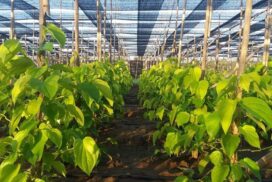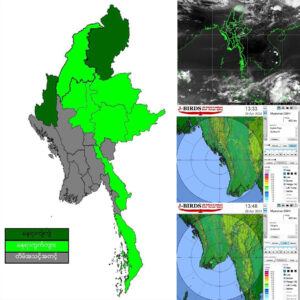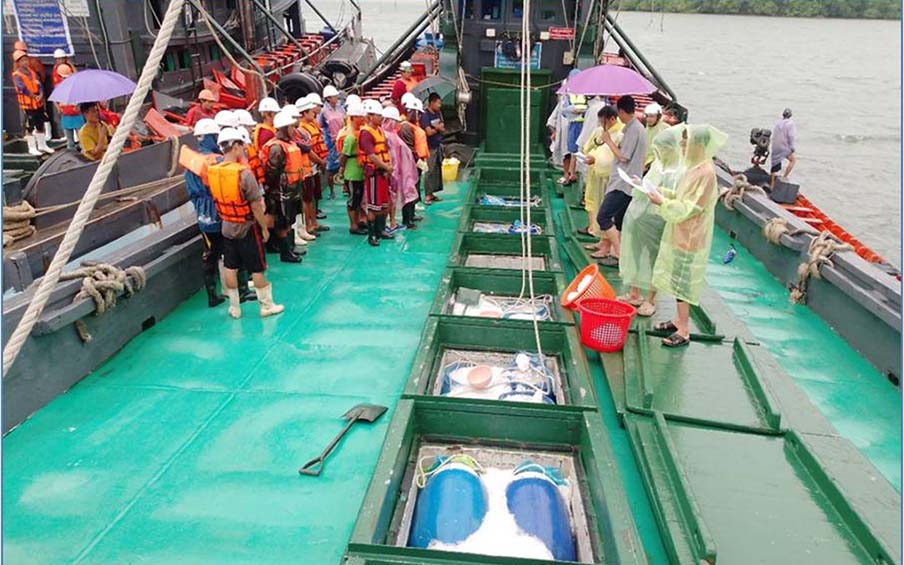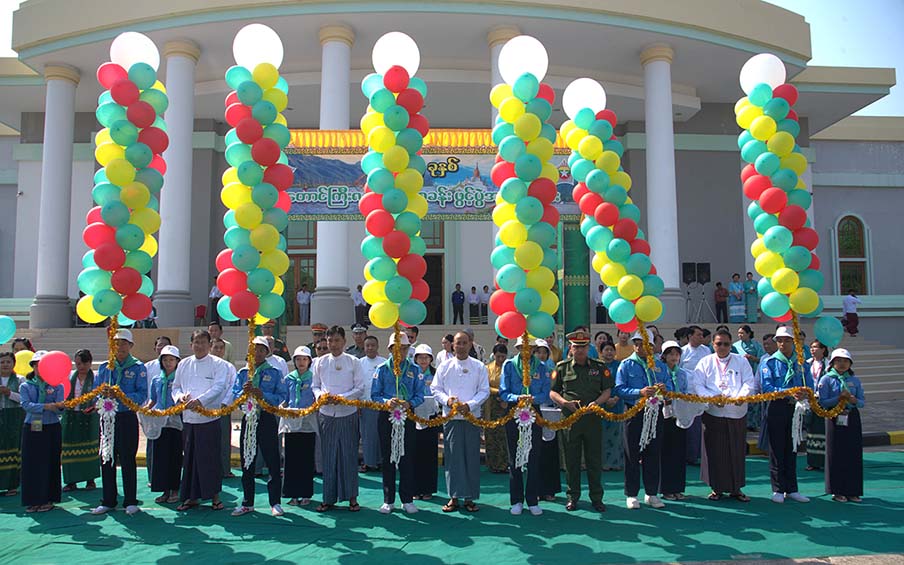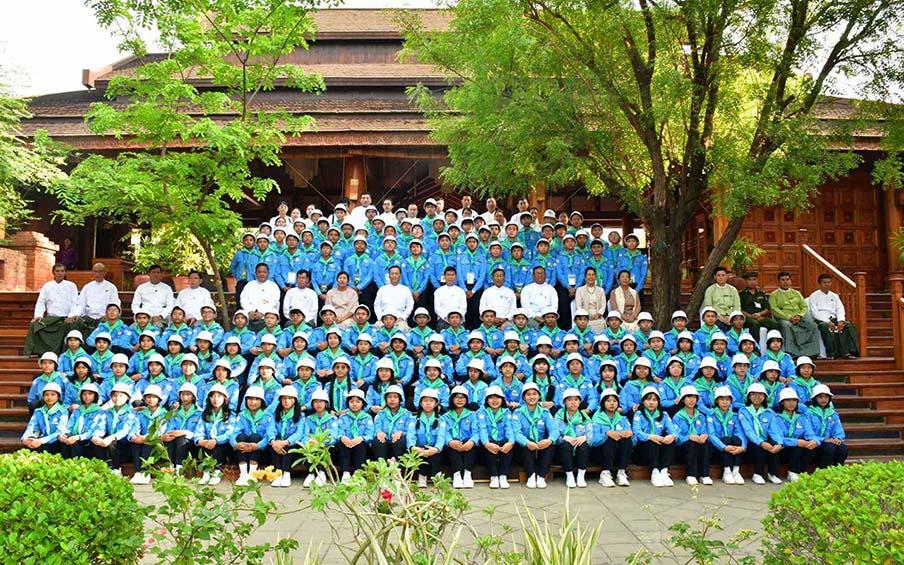The black bean from the Ayeyawady region has slightly decreased, according to the pulses market.
The heading of the new black bean from the Ayeyawady region to the market plentifully is the primary reason for the price decrease. The decreasing domestic price of beans in India, the main buyer of Myanmar pulses, has also led to a price drop.
At the end of January 2021, the price of black beans has dropped by about 100 rupees per quintal in the Mumbai market in India. And, the demand for black beans from pulses mills is also declining.
Besides, India expected Myanmar black bean production will increase this year. India has also extended the import period of beans. The price has also decreased due to the regular import of Myanmar bean into India.
Although the price of black beans has mounted to K46,000 per basket on 12 January. However, the price dropped to K45,000 per basket on 25 January, K43,300 per basket on 26 January, K42,500 per basket on 27 January, K42,200 per basket on 28 January, K41,200 per basket on 31 January, K41,500 per basket on 2 February and K41,000 per basket on 3 February.
The price of the old bean is about K1,000 higher than the newly harvested bean. The price of bean fetched about K40,000 per basket.
India, the main buyer of Myanmar pulses has excused black bean and pigeon peas from being restricted commodities to a free import commodity. A memorandum of understanding was signed on 18 June to export a total of 350,000 tonnes of Myanmar pulses, including 250,000 tonnes of black bean and 100,000 tonnes of pigeon pea to India in five consecutive years (from the 2021-2022FY to the 2025- 2026FY).
India is the largest producer as well as consumer of pulses, consuming about 2.7 or 2.8 million tonnes of black beans annually.
The black bean, which is mainly bought from India, is mainly grown in Myanmar.
Other pulses including green gram and pigeon pea are grown in Africa and Australia in addition to Myanmar, according to Myanmar Pulses, Beans and Sesame Seeds Merchants Association.
The black bean plantations are yielding around 400,000 tonnes annually in Myanmar. Besides, Myanmar has also produced about 50,000 tonnes of pigeon peas yearly. —NN/GNLM
Ayeyawady black bean sees slight drop in price
- February 04, 2022
- 729



